A balanced complexion is the epitome of healthy, radiant skin. Achieving and maintaining a balanced complexion involves a combination of skincare routines, diet, lifestyle choices, and in some cases, professional help. In this article, we will delve into the various aspects of complexion and provide valuable insights on how to attain a balanced complexion that will leave you feeling confident and beautiful.
Introduction
Our skin is a reflection of our overall well-being, and complexion plays a significant role in determining how we feel about ourselves. A balanced complexion signifies harmonious skin that is neither excessively dry nor oily, free from blemishes, and has an even tone. It is a complexion that exudes radiance and instills confidence. Understanding what complexion entails and the factors that influence it is crucial to achieving the desired balance.
Understanding Complexion
What is Complexion?
Complexion refers to the overall appearance and condition of the skin. It encompasses factors such as skin tone, texture, clarity, and luminosity. A balanced complexion is the ideal state where all these elements are in harmony, resulting in healthy and beautiful skin.
Factors Affecting Complexion
Several factors can influence our complexion. These include genetics, hormonal changes, environmental factors, lifestyle choices, and skincare routines. Understanding these factors and their impact can help us make informed decisions about our skincare and lifestyle practices.
Common Complexion Concerns
Different individuals may experience specific complexion concerns, such as dryness, oiliness, acne, hyperpigmentation, or uneven skin tone. Identifying and addressing these concerns is essential for achieving a balanced complexion.
Achieving a Balanced Complexion
Attaining a balanced complexion requires a holistic approach that addresses various aspects of skincare, diet, and lifestyle choices. Let’s explore some key elements involved in this process.
Skincare Routine
Establishing a consistent skincare routine is fundamental to maintaining a balanced complexion. It involves three essential steps: cleansing, exfoliating, and moisturizing.
Cleansing
Cleansing is the foundation of any skincare routine. It helps remove dirt, oil, and impurities that can clog pores and lead to skin issues. Choose a gentle cleanser suited for your skin type, whether it’s dry, oily, or combination. Cleansing twice a day, in the morning and evening, ensures that your skin stays clean and refreshed.
Exfoliating
Exfoliation is crucial for sloughing off dead skin cells and promoting cell turnover. It helps unclog pores, smoothes the skin’s texture, and enhances the absorption of other skincare products. Use a gentle exfoliator once or twice a week, depending on your skin’s sensitivity. Be sure not to over-exfoliate, as it can cause irritation.
Moisturizing
Moisturizing is vital for maintaining hydration and nourishing the skin. Choose a moisturizer suitable for your skin type that provides the right balance of hydration without feeling heavy or greasy. Apply moisturizer twice a day, in the morning and evening, to keep your skin supple and plump.
Diet and Hydration
What we eat and drink directly impacts our complexion. A balanced diet rich in fruits, vegetables, whole grains, and lean proteins provides the necessary nutrients for healthy skin. Incorporate foods that are high in antioxidants, such as berries and leafy greens, to combat oxidative stress and promote skin health. Additionally, staying hydrated by drinking an adequate amount of water throughout the day helps maintain skin’s elasticity and prevents dryness.
Lifestyle Choices
Certain lifestyle choices can have a significant impact on our complexion. Getting enough sleep is crucial as it allows the skin to repair and rejuvenate. Stress management techniques, such as meditation or exercise, can help reduce stress-related skin issues. Avoiding excessive sun exposure and wearing sunscreen daily protects the skin from harmful UV rays, preventing premature aging and damage.
Natural Remedies for Complexion
In addition to a well-rounded skincare routine and healthy lifestyle, natural remedies can complement your efforts in achieving a balanced complexion.
Herbal Face Masks
Herbal face masks made from natural ingredients can address specific complexion concerns. Ingredients like turmeric, honey, aloe vera, and green tea possess soothing, antioxidant, and antimicrobial properties. Regular use of herbal face masks can improve skin texture, tone, and overall complexion.
Essential Oils
Essential oils derived from plants have long been used for their skincare benefits. Oils like lavender, tea tree, and rosehip oil have anti-inflammatory and nourishing properties. Dilute essential oils in a carrier oil and apply them topically to target specific skin concerns and promote a balanced complexion.
Home Remedies
Simple ingredients found in your kitchen can work wonders for your complexion. For instance, a mixture of lemon juice and honey can brighten the skin and fade dark spots. Oatmeal combined with yogurt makes an excellent exfoliating and soothing face scrub. Explore these natural remedies and find the ones that work best for your skin.
Seeking Professional Help
Sometimes, achieving a balanced complexion may require the expertise of a dermatologist or skin care professional. They can provide tailored advice and treatments based on your specific skin concerns.
Dermatologist Consultation
A consultation with a dermatologist allows for a comprehensive assessment of your skin. They can diagnose underlying skin conditions, provide guidance on skincare products, and prescribe medications if necessary. A dermatologist can also recommend treatments such as chemical peels, laser therapy, or microdermabrasion to improve complexion.
Professional Treatments
Various professional treatments can help address specific complexion concerns effectively. These treatments may include facials, microcurrent therapy, dermaplaning, or photorejuvenation. Always consult with a qualified skincare professional to determine which treatment is suitable for your skin type and concerns.
Maintaining a Balanced Complexion
Once you achieve a balanced complexion, maintaining it requires consistency and regular skin assessments.
Consistency is Key
Stick to your skincare routine diligently. Consistency allows your skin to adapt and respond positively to the products you use. Avoid switching products frequently, as it can disrupt your skin’s balance and lead to issues.
Regular Skin Assessments
Periodically evaluate your skin to identify any changes or concerns. If you notice any new or persistent issues, consult a dermatologist for guidance. Regular assessments help you address emerging concerns promptly and maintain your balanced complexion.
Conclusion
A balanced complexion is achievable through a combination of proper skincare routines, a healthy diet, lifestyle choices, and, if needed, professional assistance. By understanding your skin’s needs and addressing them holistically, you can attain radiant, healthy-looking skin that boosts your confidence. Embrace the journey towards a balanced complexion and enjoy the glow that comes with it.

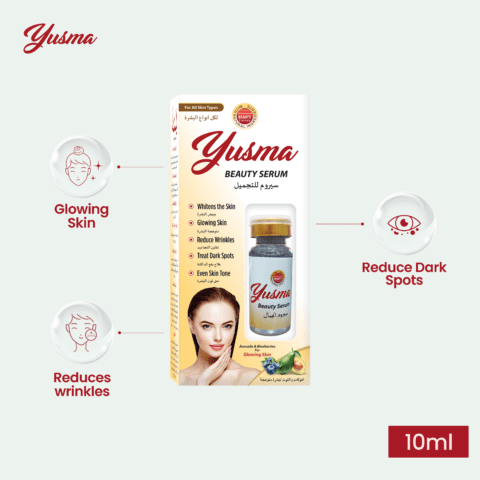
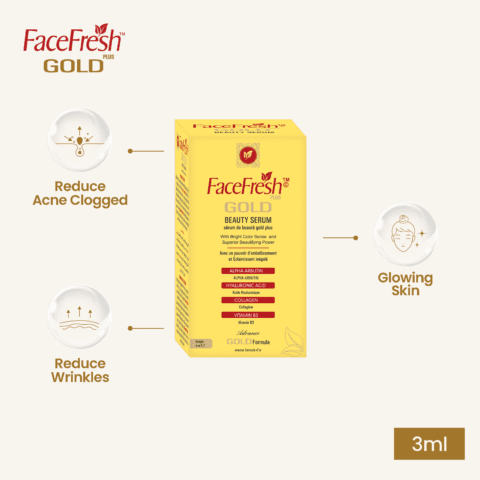
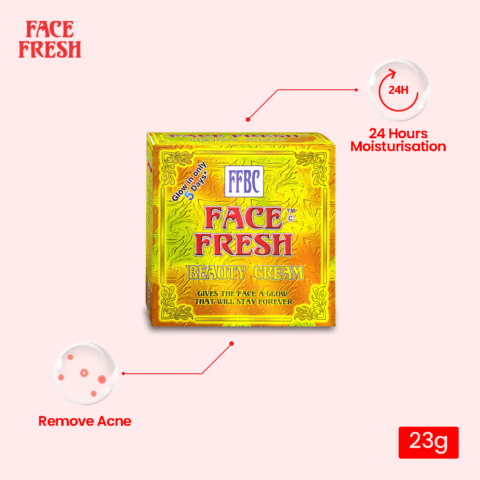
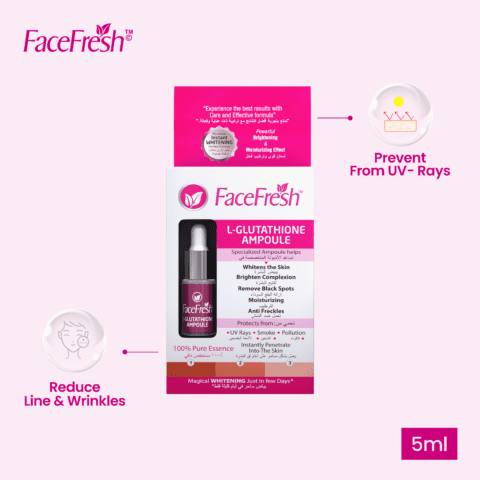
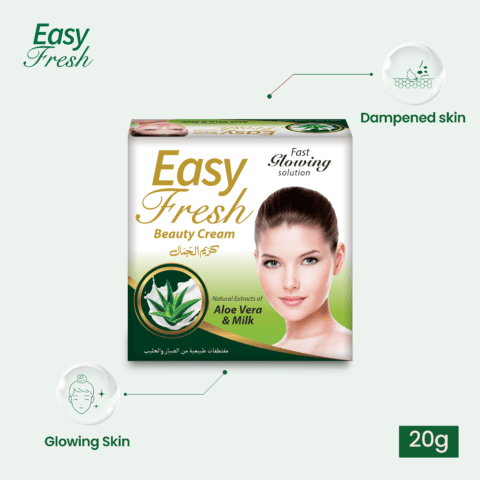

Leave a comment
Your email address will not be published. Required fields are marked *